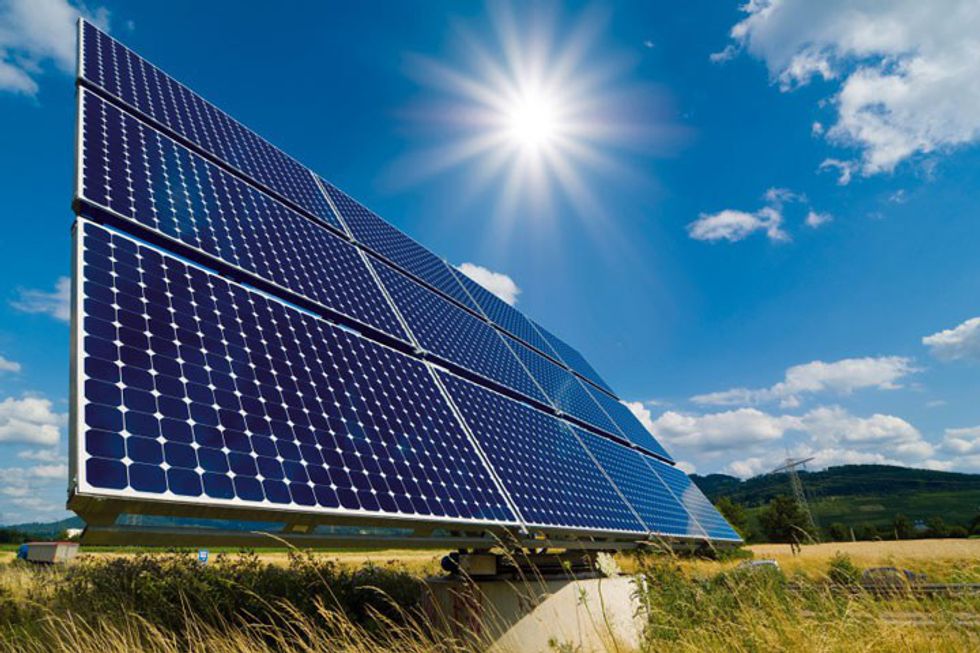Distributed solar has been a buzzword in renewable energy circles for a couple years now. And while I’m all for renewable energy, putting solar panels on everyone’s roof is not the way to go green. Ignoring the reliability issues and the problem it creates on the electrical grid, distributed solar is a problem because it’s an anti-welfare program. It subsidizes the wealthy. Solar panels are still expensive, and purchasing them and having them installed on your roof is not a cheap process. So while those with extra cash lying around are able to purchase solar panels, the rest of us are not. And the more they do it, the more we have to pay.
Here’s how it works; when someone pushes power onto the grid they get paid in two ways. First, they are paid the wholesale value of the electricity they produce. That doesn’t sound so bad, if they make electricity and don’t use it, they sell it to the utility who sells it to their neighbor. Neighbor pays the utility, utility pays the owner of the solar panel, and everyone is even. But when you think about the billions of dollars in infrastructure that the utility has invested setting up the grid, the thousands of people that they hire to maintain it, and the money they spend on the distribution of bills and support staff, getting paid wholesale value for generation doesn’t make sense.
The utility still has to pay for the rest of those costs. Meaning you and me are paying more to the utility to cover those losses. What should be credited to the household generator is the cost of generation, which comes down to the fuel and maintenance costs of the utility’s generators. If this price was used, investment in distributed solar would drastically decrease because it wouldn’t make sense on such a small scale. Unless, the government created even more incentives and tax breaks–dollars that should be going to businesses that invest in our future and environment by using efficient, renewable energy.
But that doesn’t mean solar is dead; far from it actually. If you’ve taken an economics class, you’ve probably heard of economies of scale. Economies of scale is an economic theory that asserts that the more you do something, the cheaper that thing becomes. Installing thousands of solar panels in a researched and viable site is much less costly than installation on roofs in the suburbs where production is limited. Add in the fact that maintenance would be much easier when they are all on the ground; they could regularly be inspected by technicians; and could more easily be monitored to insure everyone has a stable energy experience, and it’s easy to see the economics of it.
Solar energy is the generation method of the future, but let’s do it in a smart way. Let the economics of it make it the most efficient it can be and leave energy generation to the people that will do it right.







 StableDiffusion
StableDiffusion Photo by
Photo by  Photo by
Photo by 
 full parking
StableDiffusion
full parking
StableDiffusion









